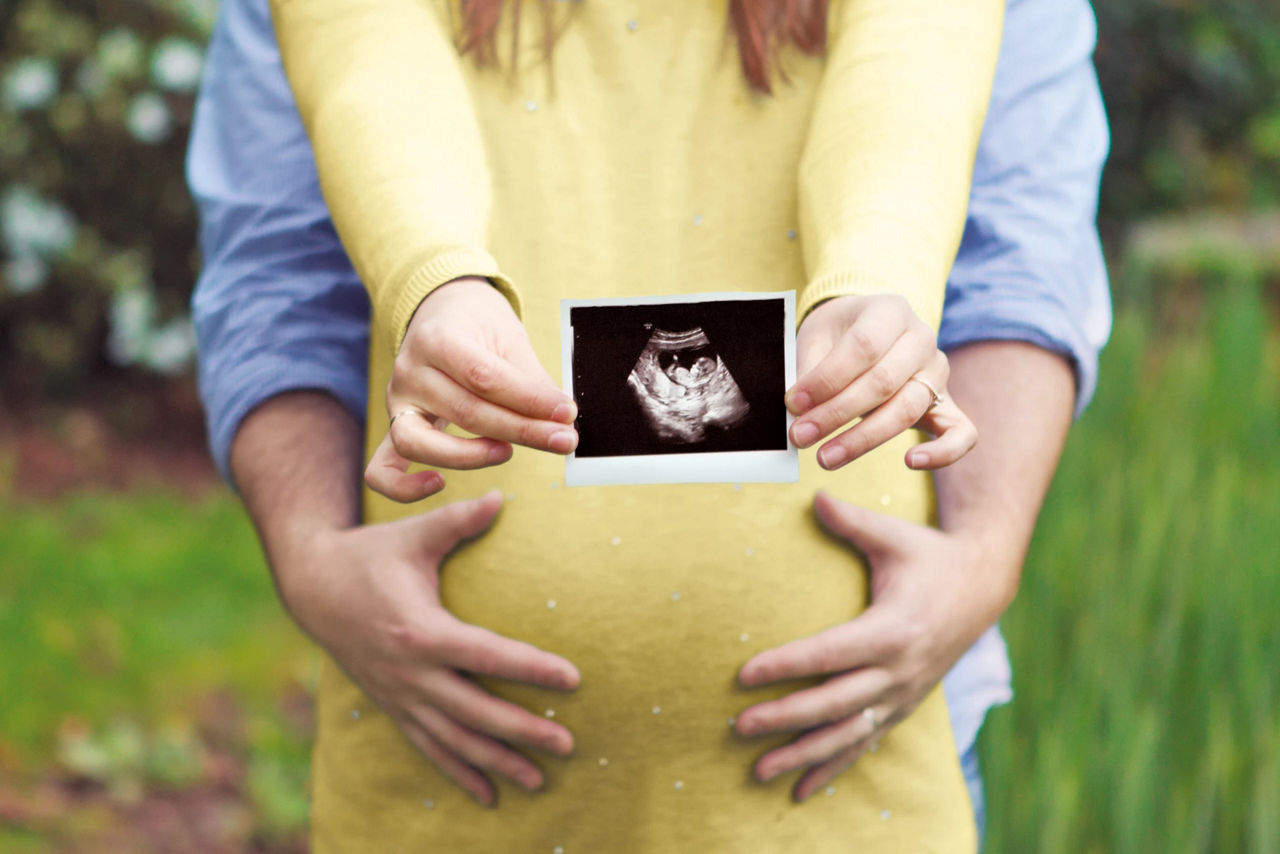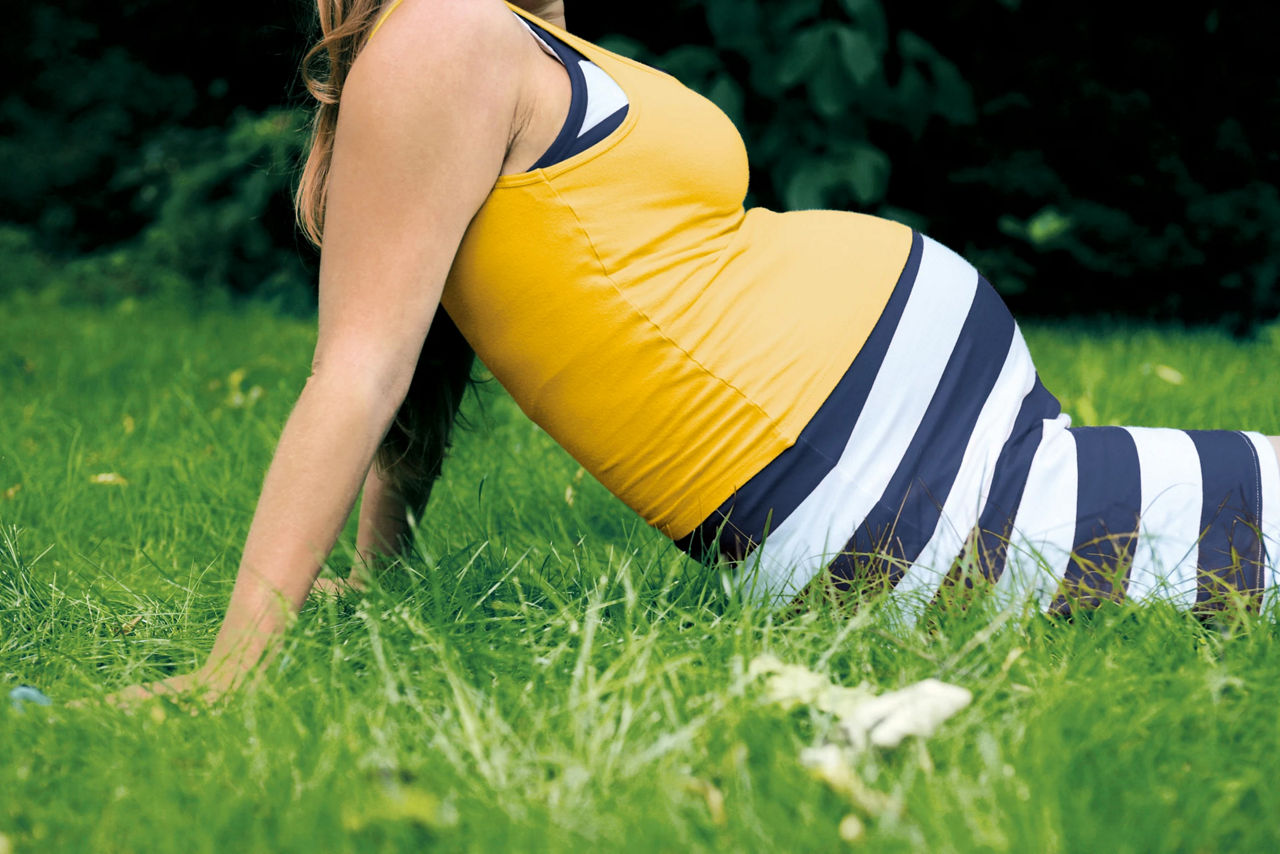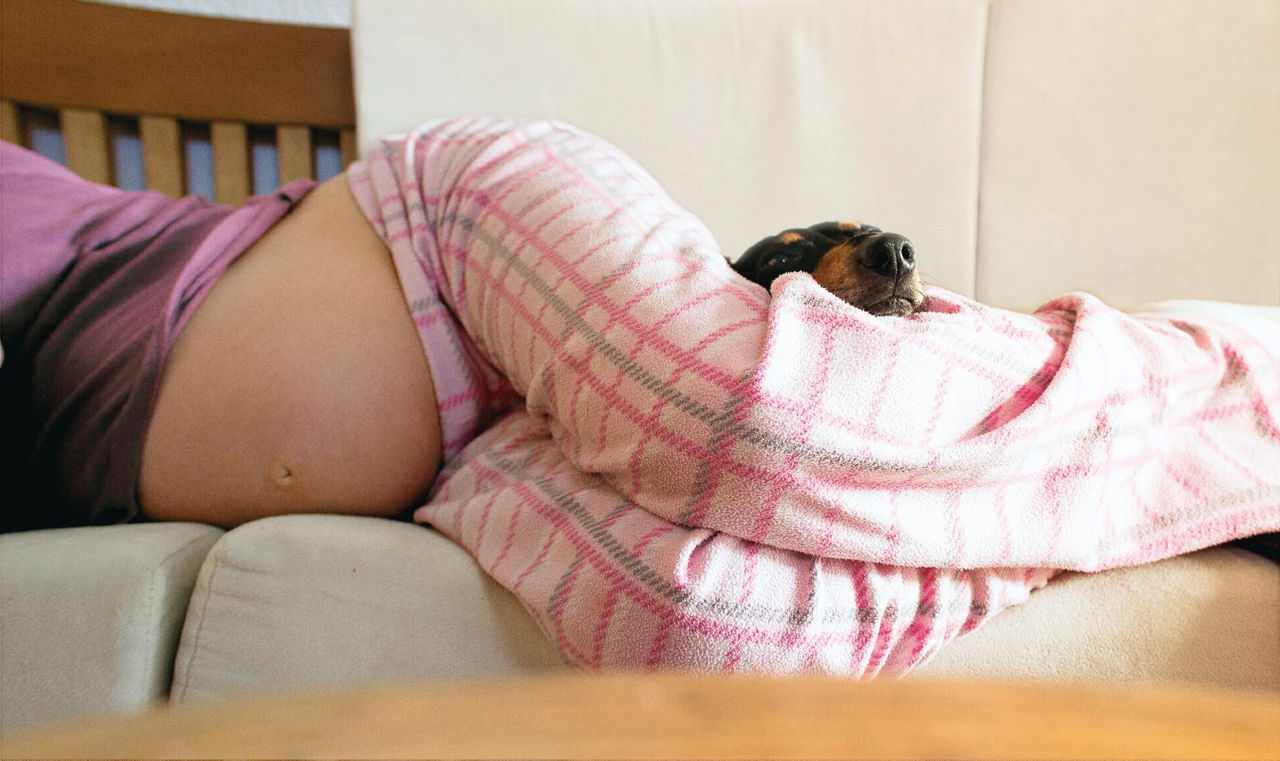Free weaning plan - Register here
Going abroad when pregnant
Travel and holiday insurance
There are a few things you need to do before you set off. Make sure that your travel insurance covers pregnancy and a newborn in case the baby arrives early, and take your maternity notes with you. Also, remember to get your EHIC card if you’re travelling in Europe, which provides emergency cover care. You can apply for one online.
Travelling by sea and sky
Check with your doctor that it’s still safe for you to fly. If you’re going to be making your return journey between 28 and 32 weeks pregnant, it’s most likely that the airline will need a letter from your doctor confirming that you’re fit to fly. Airlines can have differing rules when it comes to allowing mums-to-be on their planes, so it’s best to check before you book.
This also applies to ferry crossings. Some ferry companies prefer you to seek medical advice if you’re less than 12 weeks pregnant, and provide a medical certificate if you’re more than 28 weeks. So always check with the company you’ve booked with.
When you’re in the air
Flying when pregnant slightly increases your chance of getting deep vein thrombosis - in fact any long car, bus or train journey can too.
But there’s no need to panic and cancel your trip! The odds of it happening are very low. Just follow these tips and everything should be OK:
- Check if your airline provides flight socks, if they don’t, buy a pair as they reduce the chances of DVT developing. In fact, you can wear these socks for any long journey.
- Avoid coffee and tea but drink plenty of fluids to keep you hydrated.
- Take a walk down the aisles every hour or so to encourage good circulation, but hold on to keep your balance and prevent a fall.
- Flex your feet up and down regularly throughout your journey.
You may be more likely to suffer travel sickness so try a pair of travel sickness bands or take crystallised ginger for the journey. Most importantly, give yourself plenty of rest.

When you’re on holiday
OK so you’ve arrived, unpacked and are desperate to head out. But before rushing out follow our advice and you’ll holiday with total peace of mind:
- Take all your medical notes, insurance policy and EHIC card.
- Always carry a list of names and numbers of people who should be contacted in case of emergency, like your midwife.
- Keep a list of the locations of nearby hospitals with you – you could get this from the local embassy, tourist board or hotel/place you’re staying at.
- Wear a higher than normal factor of sunscreen and avoid staying in the sun for too long as your skin is far more sensitive during pregnancy.
- Avoid mosquito repellents containing DEET. Try natural alternatives such as citronella oil or use nets.
- Avoid diving and water sports.
Should you wear a seatbelt when pregnant?
In a word, yes. Studies have shown that the baby and you will be far safer with a seatbelt on. Make sure that the lap belt lies snugly under your bump and across your pelvis whilst the shoulder belt should be over the top of your bump and between your breasts. It’s a complete myth that the law allows pregnant women to choose whether they wear a seatbelt. So please, buckle up!
Are car airbags safe?
The quick answer is yes! However you may want to move your seat back from the dashboard or steering wheel (or tilt the steering wheel downward) so that it’s further away from your stomach.

Join our baby club
Ready to stop worrying about what other people think and do what feels right to you? We’ll give you the support you need to follow your instincts and enjoy parenthood to the max:
Helpful emails
Non-judgemental support
Free weaning plan
Tips from real parents
More from pregnancy
Pregnancy topics
Need free advice with a smile? Get in touch with our dedicated Care team.
Ask us a question (8am - 8pm Monday to Friday, 10am - 4pm Weekends)
Messenger
Contact us on Facebook (10am - 10pm, 7 days a week)
Call us
Call us on 0800 977 8880 (8am - 8pm Monday to Friday)
FAQs
Get answers to your most frequently asked questions





